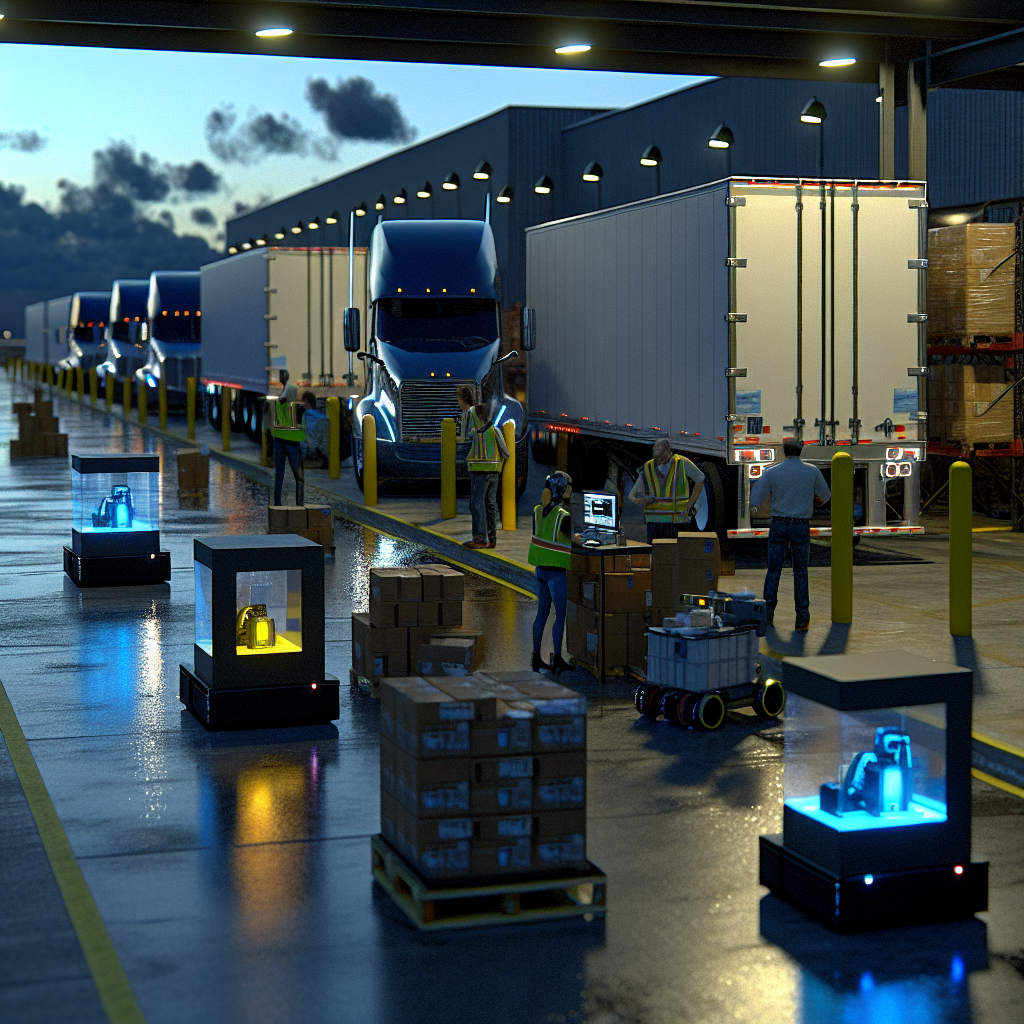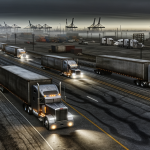IKEA’s biggest franchisee, Ingka Group, has bought U.S.-based logistics software provider Locus, moving route planning and delivery orchestration under its own roof just as home delivery volumes and expectations keep rising. The Oct. 7 acquisition is aimed at tightening control over the most failure-prone stretch of fulfillment and speeding up shipments to customers, particularly in dense U.S. and U.K. markets where a pilot rollout is planned before a wider deployment.
Why it matters for trucking: IKEA’s home delivery mix leans heavily on regional final‑mile carriers running Class 6–7 box trucks and white‑glove contractors. Locus’s platform uses AI to optimize routes, capacity and real‑time tracking, which can increase stop density, shrink service windows and surface exceptions earlier — all levers that tend to cut empty miles while raising the bar on SLA compliance. Expect tighter appointment adherence, more dynamic dispatching and greater preference for carriers that can stream reliable status data and POD events.
Ingka says the technology shift will trim global delivery costs by roughly €100 million a year, with the software helping to group orders and route vehicles more intelligently than the incumbent, largely manual processes. For carriers, that points to denser, better‑sequenced routes — but also closer scrutiny of dwell, on‑time metrics and damage rates as IKEA standardizes performance management inside a single stack.
Strategically, the acquisition complements Ingka’s earlier tech bets — including its warehouse management push — to build an end‑to‑end, unified fulfillment spine from DC to doorstep. By bringing the last‑mile “brain” in‑house, IKEA can better synchronize inventory availability, slotting and vehicle utilization, which typically reduces costly late-day re-dispatch and weekend spillover that frustrate both drivers and consumers.
Crucially, Locus will remain an independent business serving non‑IKEA customers. That matters to regional 3PLs and retailers already on the platform: existing integrations and playbooks aren’t being ripped out, and the product roadmap is set to accelerate with Ingka’s backing. Independence also means more multi‑tenant network effects — useful for carriers operating across several shipper accounts who want consistent tools and data standards.
The timing reflects IKEA’s channel shift. Online now represents about 28% of total retail sales for the brand, up from 11% in FY2019 — a mix that stresses home delivery capacity and puts premium value on first‑attempt success. Ingka has been investing to meet that demand in the U.S., including recently acquiring a Manhattan building for $213 million to get closer to urban customers — a signal that more short‑haul, high‑density routes are coming to the nation’s largest metro.
For drivers and dispatchers in IKEA’s network, expect practical changes: more precise ETAs and geofenced checkpoints; dynamic re‑sequencing when customers reschedule; earlier alerts on bulky SKUs that require two‑person crews; and sharper visibility into exceptions (damages, no‑access, elevator outages) that historically triggered costly re‑delivery. Carriers that can feed clean ELD/telematics pings and photographic POD into Locus will be better positioned during RFP season; those that can’t may see freight shift toward providers with stronger data hygiene and in‑route flexibility.
There’s also an origin story worth noting: while now U.S.-based, Locus was founded in India in 2015 and grew by selling into complex last‑mile networks across retail, FMCG and services — the kind of environments where on‑the‑day disruptions are the norm. That operational DNA aligns with IKEA’s large‑format, multi‑item orders that challenge capacity planning and appointment windows.
Bottom line for the trucking and home‑delivery sector: IKEA isn’t just buying software; it’s standardizing the playbook for how its middle‑ and last‑mile partners operate. The winners will be carriers that lean into tighter integrations, embrace exception‑first ops, and use the platform’s recommendations to increase route density and reduce miles that don’t pay. The losers will be those treating visibility and data fidelity as optional.
Sources: FreightWaves, Reuters, Ingka Group, PR Newswire, Entrepreneur India
This article was prepared exclusively for TruckStopInsider.com. Republishing is permitted only with proper credit and a link back to the original source.





